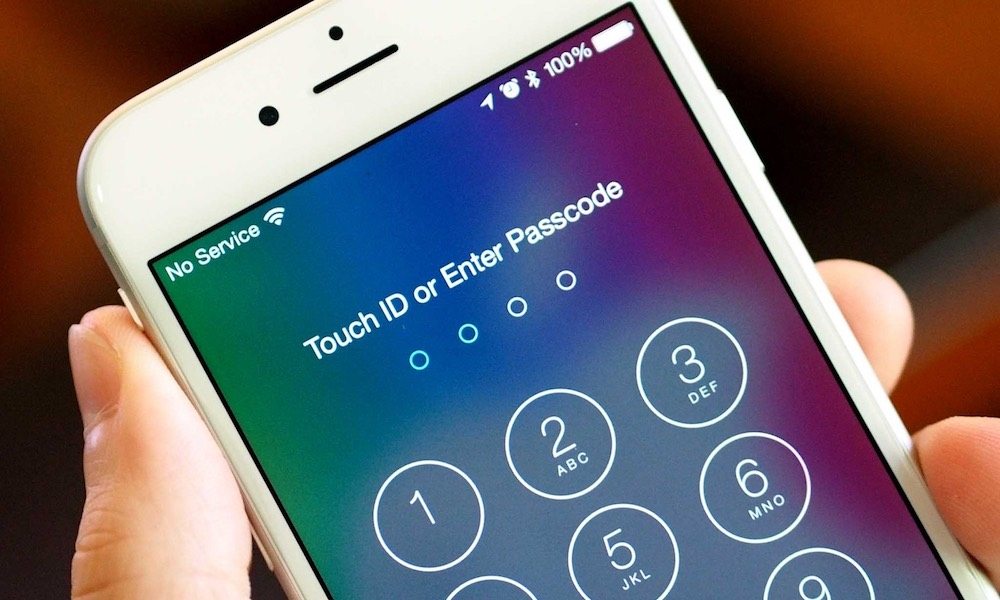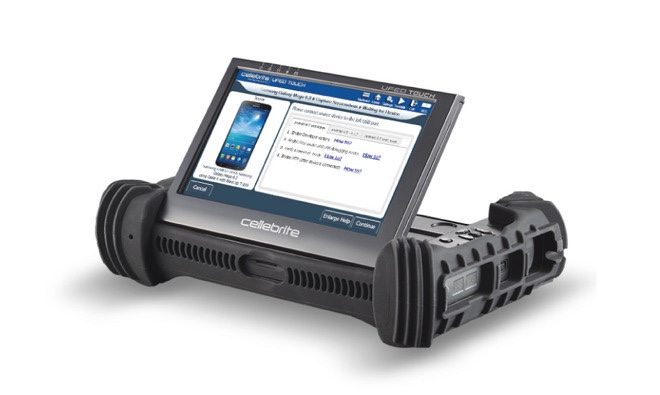This Tool Will Crack and Extract Data from Any iPhone 6

Toggle Dark Mode
Cellebrite– the Israeli firm believed to have assisted the FBI with unlocking the iPhone of the San Bernardino shooter– has announced that its Advanced Investigative Service (CAIS) product is now capable of unlocking and extracting full file data from the iPhone 6 and 6 Plus.
 In a tweet posted on Wednesday, Cellebrite’s director of forensic research Shahar Tal announced the product, adding that extractions would only be performed legally: “Cellebrite’s CAIS now supports lawful unlocking and evidence extraction of iPhone 4S/5/5C/5S/6/6+ devices (via our in-house service only).”
In a tweet posted on Wednesday, Cellebrite’s director of forensic research Shahar Tal announced the product, adding that extractions would only be performed legally: “Cellebrite’s CAIS now supports lawful unlocking and evidence extraction of iPhone 4S/5/5C/5S/6/6+ devices (via our in-house service only).”
On their website, Cellebrite boasted that it is capable of circumventing encryption “to unlock and access previously undiscoverable data on the latest Apple iOS and Samsung Android mobile operating systems.” In addition to Apple devices, Cellebrite advertises that it is capable of cracking the Samsung Galaxy S6, Galaxy Note 5 and some Galaxy S7 devices. It added that “[t]hese capabilities dramatically increase law enforcement’s ability to access critical digital evidence and solve cases faster, by providing forensically sound access and extraction capabilities not found anywhere else in the industry.”
Cellebrite came to prominence last year in the wake of the San Bernardino terrorist attack. Apple famously refused the FBI’s request for aid in cracking the iPhone 5c owned by shooter Syed Farook. The Bureau eventually bypassed Apple and paid an undisclosed sum to a company rumored to be Cellebrite, though neither organization has publicly confirmed this.
The Justice Department has also refrained from disclosing details requested by the media, arguing that it could help criminals develop countermeasures.
Three news organizations– the Associated Press, USA Today, and Vice Media– have petitioned a US federal court to compel the FBI to reveal information about the tool, including its cost and the identity of the company that developed it. They argue that the request has been narrowly tailored to avoid jeopardizing national security interests.
“While it is undisputed that the vendor developed the iPhone access tool, the government has identified no rational reason why knowing the vendor’s identity is linked in any way to the substance of the tool, much less how such knowledge would reveal any information about the tool’s application,” their lawyer wrote in a filing to the U.S. District Court in Washington.
In January, an unidentified hacker stole 900 GB of data from Cellebrite. The hacker released a cache of files to the public earlier this month to make the point that “when you create these tools, they will make it out.”






